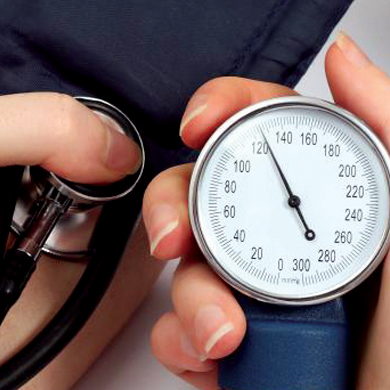
Blood pressure-lowering drugs are beneficial to all individuals at risk of cardiovascular events, regardless of their blood pressure at baseline, according to a recent study. While previous studies have shown the benefits of lowering blood pressure, the extent to which the effects differ by baseline blood pressure are less clear.
To further explore this issue, researchers conducted a systematic review and meta-analysis involving 123 studies and 613,815 participants.
Overall they found that for every 10mmHg reduction in systolic blood pressure achieved by patients, the risk of major cardiovascular disease dropped by about 20% and the risk of stroke and heart failure dropped by 25%.
These reductions were similar in patients at high-risk, including those with a history of heart failure, diabetes, kidney disease, and cardiovascular disease, regardless of their blood pressure at baseline.
“Blood pressure lowering significantly reduces vascular risk across various baseline blood pressure levels and comorbidities,” they concluded.
“Our results provide strong support for lowering blood pressure to systolic blood pressures less than 130 mm Hg and providing blood pressure lowering treatment to individuals with a history of cardiovascular disease, coronary heart disease, stroke, diabetes, heart failure, and chronic kidney disease.”
Reference:
Ettehad D, Emdin CA, Kiran A, et al. Blood pressure lowering for prevention of cardiovascular disease and death: a systematic review and meta-analysis. Lancet. December 23, 2015 [epub ahead of print]. DOI: http://dx.doi.org/10.1016/S0140-6736(15)01225-8.
Source: Reproduced from GP Clinics Vol 6 No 12, 2016.